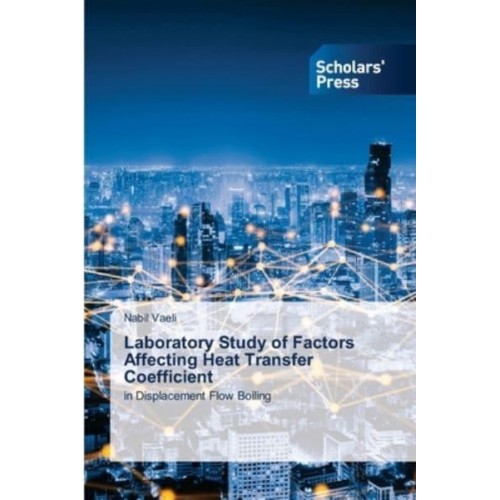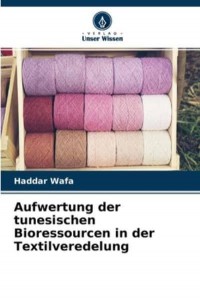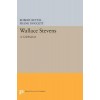Your shopping cart is empty!
Welcome visitor you can login or create an account.
Laboratory Study of Factors Affecting Heat Transfer Coefficient
58.09£
Publisher:
KS Omniscriptum PublishingAuthor:
Vaeli Many chemical engineering problems involve the welding process in various flow-forced states. For example, in power cycles, we encounter a liquid-to-vapor phase change according to a particular part of the cycle under study. In a power cycle, the pressurized liquid in the boiler is converted to steam, and the evaporator in which the boiling process takes place is a major component of the power cycle. Proper design of these components makes the phase change processes well known. On the other hand, high heat transfer rates are usually raised in boiling water, and this fact leads designers to design compact heat exchangers to use this phenomenon for heating purposes that are not necessarily associated with power cycles. Welding analysis and accurate design of components and devices require accurate prediction of heat transfer coefficient. Better calculation of heat transfer rate and heat transfer coefficient in welding optimizes design and reduces manufacturing costs. Although the mechanisms governing the forced boiling zone have been extensively studied, comprehensive and reliable mathematical models have not yet been proposed.
| ISBN: | 9786138955719 |
| Publisher: | KS Omniscriptum Publishing |
| Imprint: | Scholars' Press |
| Published date: | 05 Jul 2021 |
| Language: | English |
| Number of pages: | 76 |
| Weight: | 122g |
| Height: | 229mm |
| Width: | 152mm |
| Spine width: | 5mm |
Write a review
Your Name:Your Review: Note: HTML is not translated!
Rating: Bad Good
Enter the code in the box below:
Discount
131.92£ 127.98£





















